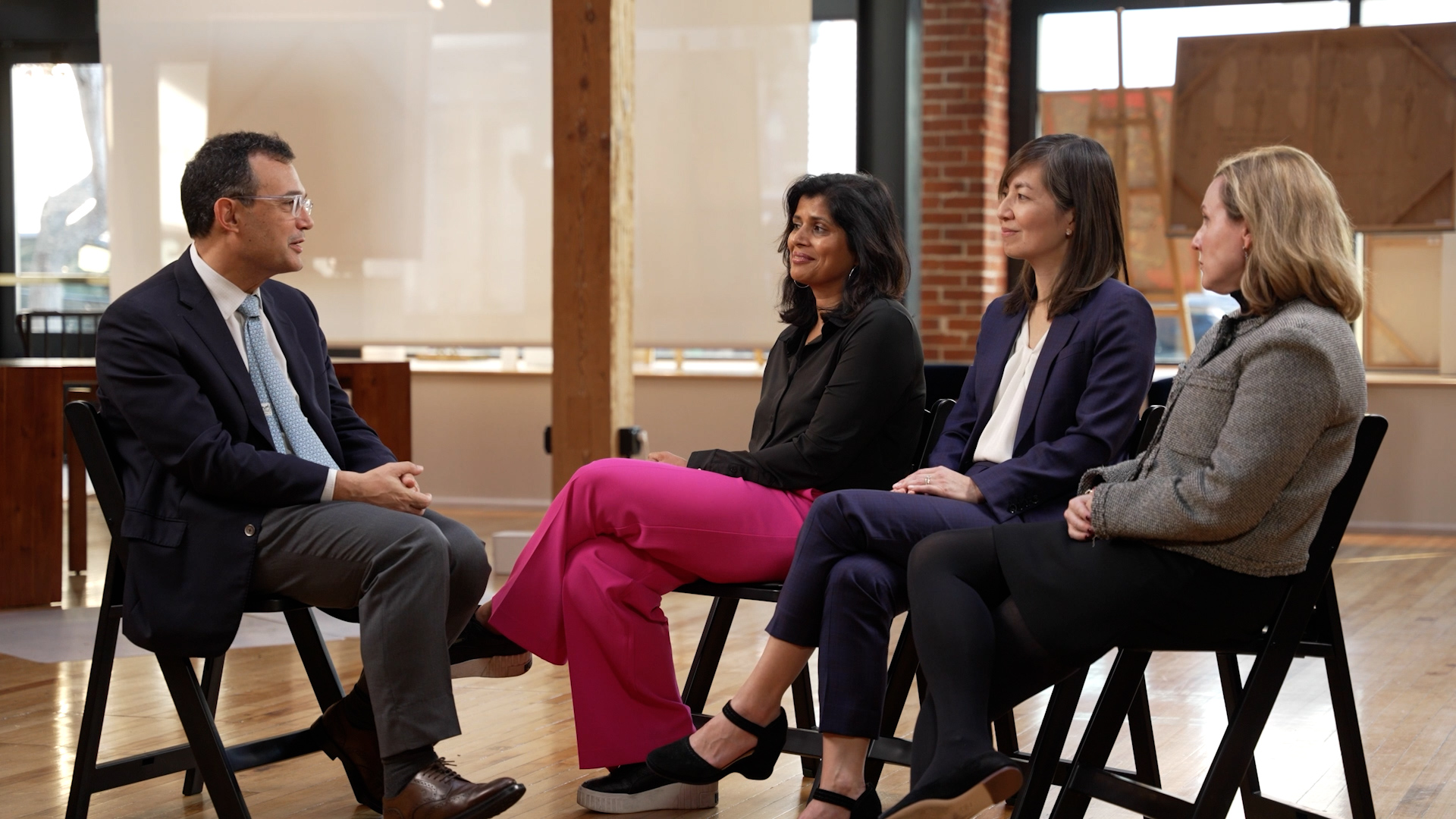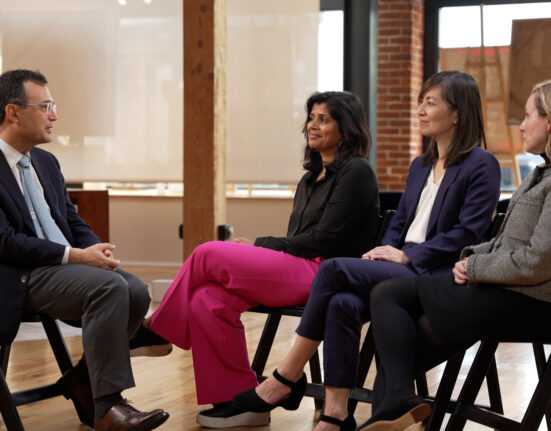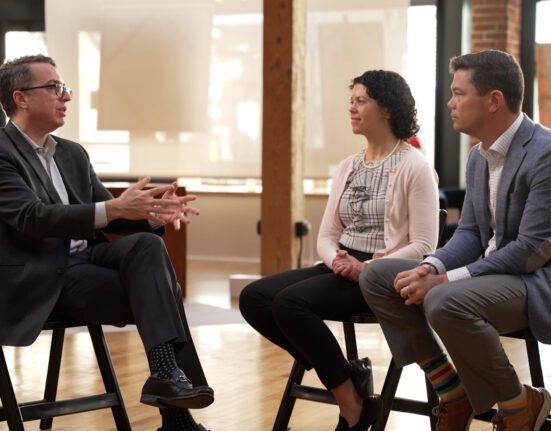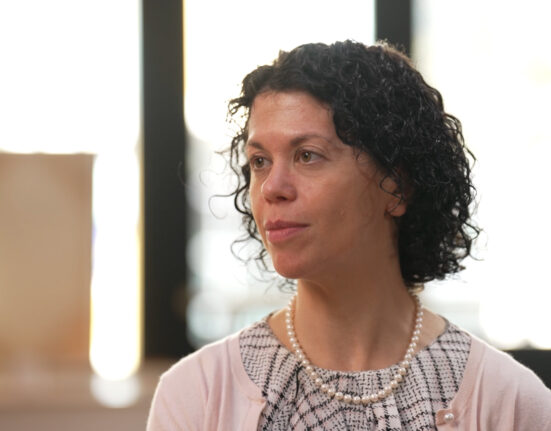A roundtable discussion on anemia management in myelodysplastic syndromes (MDS), featuring Guillermo Garcia-Manero, MD, of the University of Texas MD Anderson Cancer Center; Amy DeZern, MD, MHS, of Johns Hopkins Medicine; Uma Borate, MBBS, of Ohio State University; and Tiffany Tanaka, MD, of the University of California San Diego, evaluates new MDS therapies. The panel reviews the COMMANDS trial update, focusing on luspatercept’s long-term efficacy in frontline treatment. Key topics include durable responses in patients after 1.5 years, no emerging safety concerns, and the drug’s potential for RS-negative patients. They note luspatercept’s role in delaying the need for subsequent therapies.

66th American Society of Hematology Annual Meeting & Exposition
MDS
Roundtable Discussions
MDS Roundtable





